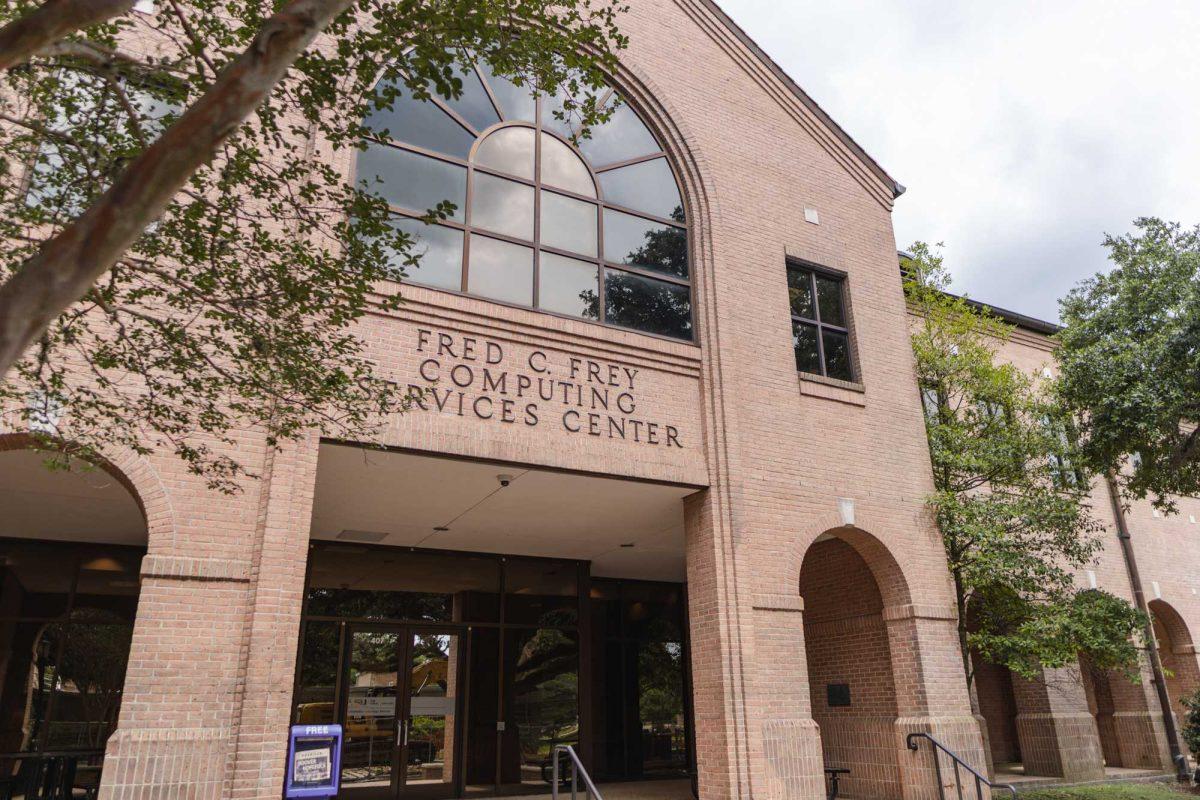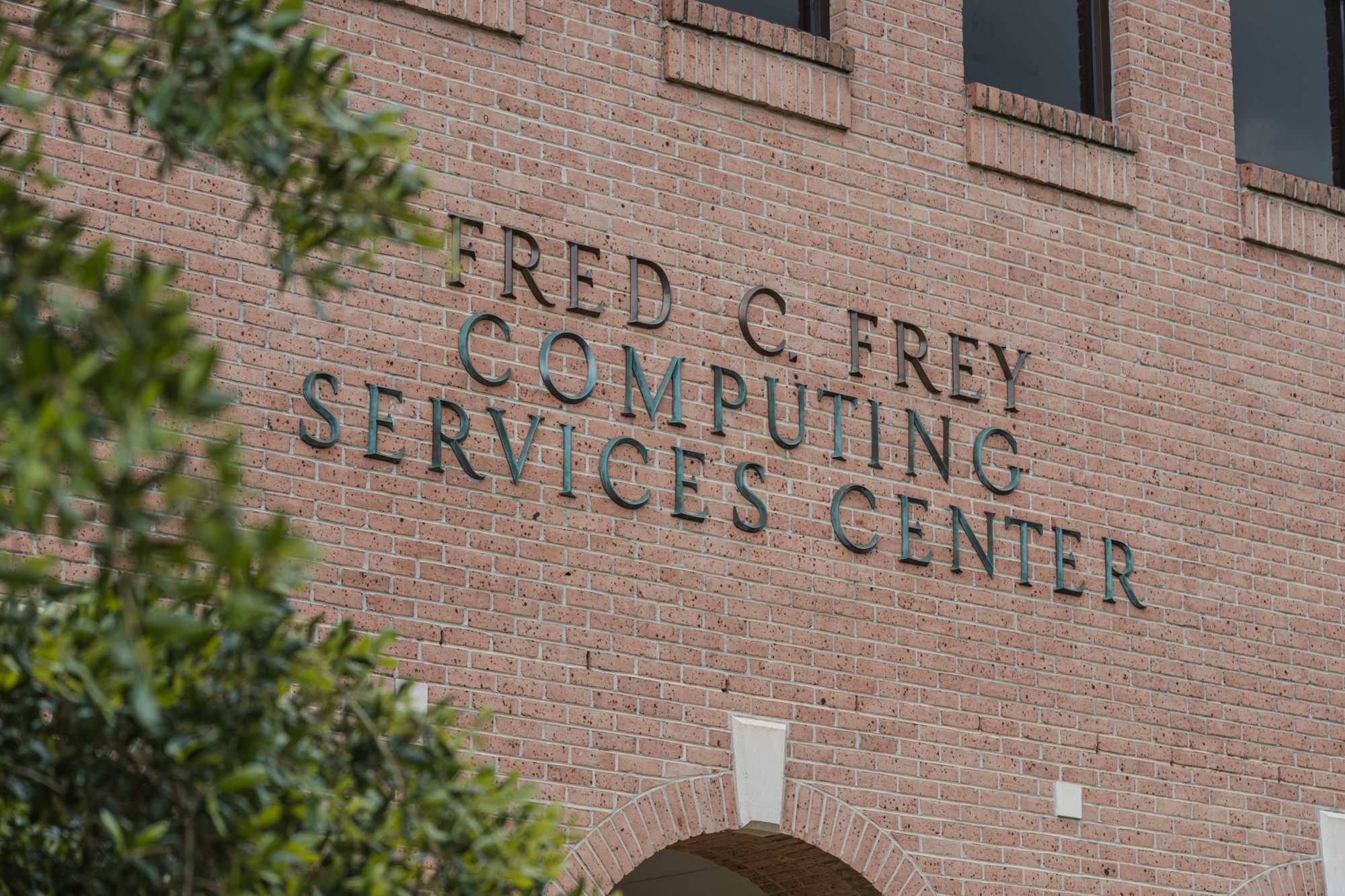Progress reviewing Information Technology Service’s 14 proposed policy statement drafts has been frustrating slow but steady, said the chair of Faculty Senate’s ad hoc IT committee.
According to the chair, professor of physics Param Singh, ITS has been receptive to faculty concerns and revisions. As of the 16th committee meeting on June 9, four of the 14 proposed policy statements have been appraised and modified with faculty input.
Singh said all 14 statements will go before ITS Governance Council on June 12 for review and further implementation, but added, to his understanding anyway, “it was understood” by the council further review by faculty of the unreviewed proposed statements was required.
The ad hoc IT committee is planned to reconvene in the fall, so it can resume providing faculty feedback on policies that they believe ultimately predominantly affect them.
The committee has been consistently meeting around three times a week for roughly two-hour sessions since its formation.
Faculty attendance has been a major challenge for committee members, Singh said, because they have other obligations during the summer, like researching and traveling.
Singh said he had to constantly modify the size of the committee to maintain meeting consistency. For many meetings, faculty attendance was only half of its 11 members. Singh said he forfeited plans on Memorial Day, a day he had off, in favor of going to an IT committee meeting.
“It’s been very collaborative,” Singh said, “It’s a lot of work. A lot still remains.”
Most recently, the committee has revised a policy statement that– based on the way it was interpreted in the eyes of faculty members– barred the use of a personal cell phone for university related work.
When faculty became aware of the 14 new policy statements in mid-April, their response was very negative. These statements were meant to update the university’s aging IT policy. The proposed policies had been under development for around two years, multiple committee members said.
To the faculty, these new statements overemphasized punishment and displayed a lack of transparency to the faculty members who’d be affected. Faculty Senate therefore formed a small, temporary committee to review these statements and represent faculty voices.
Jeffrey Roland, a professor of philosophy and faculty senator on the committee, earlier described the proposed statements as reading like corporate directives, not research-minded guidelines.
He said the statements read as a misunderstanding of the relationship faculty had with the university: shared governance. Faculty aren’t just “regular employees,” Roland said.
Most faculty committee members said they do not believe the language of the proposed policy statements were designed with ill intent.
Work between ITS and the faculty committee members has since been going well albeit slowly, Singh. He commended chief information officer of the university Craig Woolley and chief information security officer Sumit Jain for their help in the revision process.
ITS declined speaking with The Reveille. According to Woolley’s executive assistant, Mary Bordelon, his statement is the same as before:
“We are continuing to work together and have had 14 constructive meetings.”







